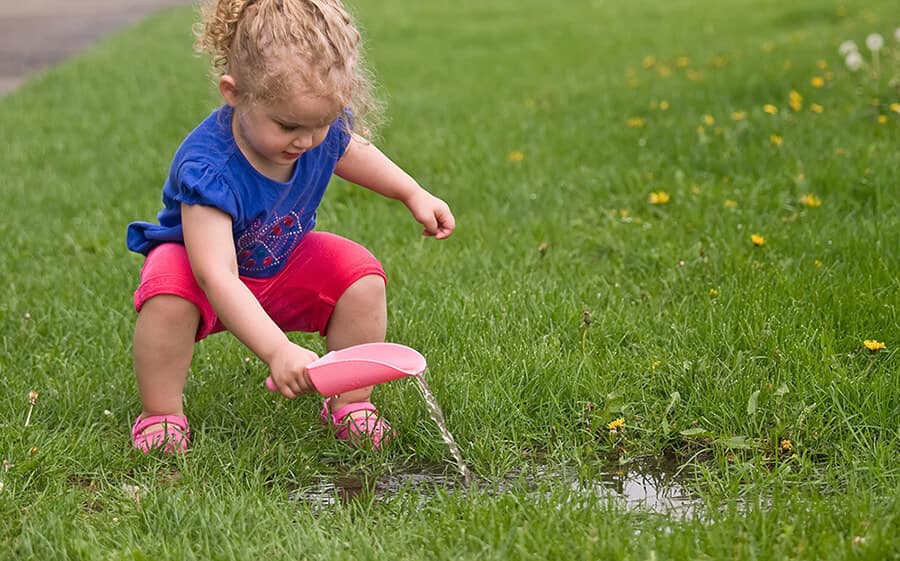The Residential Common Typical Causes of Water Leaks: Thorough Investigation
The Residential Common Typical Causes of Water Leaks: Thorough Investigation
Blog Article
Were you trying to locate critical information around Most Common Causes of Leaky Pipes?

Leakages not only trigger waste of water yet can also trigger unneeded damages to your residence and promote unwanted natural development. Unfortunately, water leakages could go unnoticed given that most of the pipework in our house is concealed. By comprehending and looking for everyday scenarios that create leakages, you can safeguard your house from future leaks and also unnecessary damages. Today, we will check out six leak causes that might be triggering your pipes to trickle.
Instantaneous temperature modifications.
Severe temperature level changes in our pipes can create them to broaden and contract unexpectedly. This expansion as well as contraction may create splits in the pipelines, particularly if the temperature are below freezing. It would certainly be best if you watched on just how your plumbing functions. The presence of the formerly pointed out situations frequently shows a high danger.
Corroded water systems
As time goes by, your plumbing system ages and also deterioration such as rust might start eating away the pipelines. This may be the reason for discoloration or warping on your water pipes. This calls for an examination with your plumber right away. Think about replacing the pipes considering that they are at a higher danger of deterioration than the newer versions if our plumbing system is old.
Malfunctioning Pipeline Joints
Pipe joints can deteriorate over time, resulting in water leakages. If you have loud pipelines that make ticking or banging noises, especially when the hot water is transformed on, your pipeline joints are possibly under a whole lot of stress.
Intruding roots
Many water leaks begin outside your home rather than inside it. If you notice an unexpected reduction in water stress, claim in your tap, require time to head out as well as examine your yard. You might discover wet spots or sinkholes in your backyard, and that might mean that tree roots are getting into water lines causing water to seep out. You can have your plumber look for breach, especially if you have trees or hedges near your property.
Poor Water Connectors
At times, a leak can be triggered by loosened pipes and also pipelines that provide your devices. In instance of a water links leakage, you may discover water running directly from the supply line or puddles around your appliances.
Obstructed Drains
Clogged drains may be aggravating and also inconveniencing, yet they can sometimes wind up triggering an overflow bring about break pipes. Keep getting rid of any type of products that may drop your drains pipes that might clog them to stay clear of such hassles.
All the above are sources of leakages however not all water leaks result from plumbing leakages; some leakages could originate from roof covering leakages. All leaks need to be repaired instantly to prevent water damage.
Leaks not just create waste of water yet can likewise trigger unnecessary damages to your residence as well as promote undesirable organic growth. By looking as well as understanding for day-to-day circumstances that create leakages, you can safeguard your residence from future leaks and also unnecessary damages. Today, we will look at 6 leak creates that may be causing your pipes to leak.
At times, a leakage can be caused by loosened tubes as well as pipelines that provide your home appliances. In case of a water connections leak, you might discover water running straight from the supply line or pools around your devices.
How To Check For Water Leak In Your Home
How To Check for Leaks
The average household's leaks can account for nearly 10,000 gallons of water wasted every year and ten percent of homes have leaks that waste 90 gallons or more per day. Common types of leaks found in the home are worn toilet flappers, dripping faucets, and other leaking valves. These types of leaks are often easy to fix, requiring only a few tools and hardware that can pay for themselves in water savings. Fixing easily corrected household water leaks can save homeowners about 10 percent on their water bills.
To check for leaks in your home, you first need to determine whether you're wasting water and then identify the source of the leak. Here are some tips for finding leaks:
Take a look at your water usage during a colder month, such as January or February. If a family of four exceeds 12,000 gallons per month, there are serious leaks.
Check your water meter before and after a two-hour period when no water is being used. If the meter changes at all, you probably have a leak.
Identify toilet leaks by placing a drop of food coloring in the toilet tank. If any color shows up in the bowl after 10 minutes, you have a leak. (Be sure to flush immediately after the experiment to avoid staining the tank.)
Examine faucet gaskets and pipe fittings for any water on the outside of the pipe to check for surface leaks.
Undetected water leaks can happen without the home or business owner even realizing. If you suspect a water leak, but not able to find the source. It is time to contact a professional water leak detection service, The Leak Doctor.
How To Find a Water Leak In Your Home
https://www.leakdoctor.com/blog/How-To-Check-For-Water-Leak-In-Your-Home_AE197.html

As a devoted person who reads about Common Water Leaks In House, I imagined sharing that excerpt was valuable. Are you aware of somebody else who is in to the topic? Why not share it. We truly appreciate reading our article about How Fast Water Damage Can Ruin Your Home.
Professional approach assured. Report this page